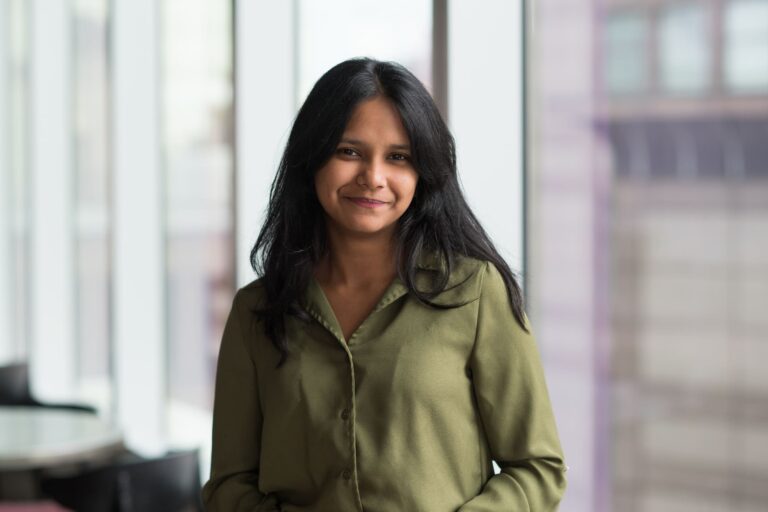

The AI Action Summit was held on 10-11 February 2025 in Paris and hosted over 1,000 attendees from more than 100 countries. The attendees represented government leaders, international organisations, academic communities and private sectors. The summit served as a playground for launching various funds, schemes and investments for AI, some of which we have highlighted below.
Robust Open Online Safety Tools (ROOST)
ROOST is an initiative helping develop, maintain, and distribute open-source building blocks to safeguard global users and communities, with a focus on child protection online. ROOST has some big names as its founding partners, including Google, OpenAI, Discord, and Roblox. It has also partnered with companies like Zoom, Microsoft and Bluesky. ROOST was launched at the summit to provide “open and accessible tools that put safety back in the hands of the people”.
CurrentAI
The French government announced Current AI, which is a global partnership intending to “reshape the AI landscape by developing and supporting large scale initiatives which serve the public interest”. There is an initial $400 million investment which is led by France, and other countries including Chile, Finland, Germany, India, Kenya, Morocco, Nigeria, Slovenia, and Switzerland, as well as industry leaders. The partnership is aiming to raise a total of $2.5 billion over the next 5 years. Subsequently, CurrentAI will fund initiatives in the sectors such health, sustainability, AI auditing, etc. by expanding access to public and private datasets and investing in open-source tools.
Coalition for Sustainable AI
Coalition for Sustainable AI is an initiative spearheaded by France, the UN Environment Programme (UNEP) and the International Telecommunication Union (ITU), and is supported by over 100 partners, including 37 tech companies, eleven countries and five international organizations. The coalition will use a collaborative approach to focus on “standardized methods and metrics for measuring AI’s environmental impacts, comprehensive life cycle analysis frameworks for reporting and disclosure, and prioritization of research on sustainable AI”. Additionally, it will encourage environmental AI initiatives, such as those for decarbonizing economies, reducing pollution and preserving biodiversity.
InvestAI
European Commission President Ursula von der Leyen launched InvestAI at the summit. InvestAI is an initiative to “mobilise €200 billion for investment in AI, including a new European fund of €20 billion for AI gigafactories”. In particular, 4 AI gigafactories will be financed which will specialise in training the most complex and very large AI models. The hope of this initiative is to make Europe an “AI continent”.
A focus at the summit was the question of whether innovation and regulation can go hand in hand or whether one will trump the other. In particular, there was discussion on the EU AI Act and whether it should be softened to avoid potentially inhibiting AI growth in the EU. At the summit, the French President Emmanuel Macron said that with respect to regulations around AI, the EU will have to “resynchronise with the rest of the world“. It is yet to be seen whether this will impact the implementation of the EU AI Act going forward.
The summit concluded with 62 signatories signing the “Statement on Inclusive and Sustainable Artificial Intelligence for People and the Planet”.
All in all, the summit was a big success with India already agreeing to host the next AI Action Summit. The summit was a master stroke in major international and inter-organisational collaboration, and with all the announcements for increased funding for AI, the summit was especially a big win for AI innovators.
The AI summit showcased the advancements in AI innovations, alongside a shifting regulatory landscape that will shape the future of AI in Europe. It will be exciting to see how intellectual property for AI technologies evolves in the rapidly changing world of AI.